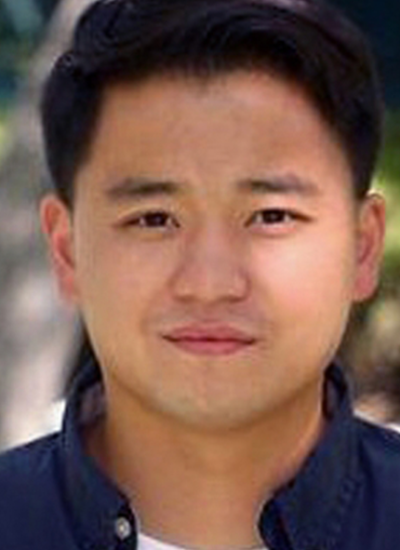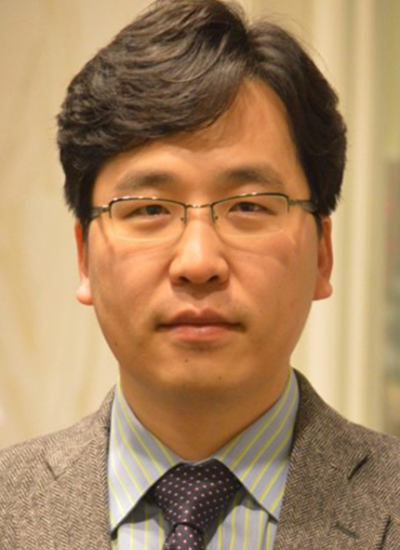Polymers
Professor, Chemistry and Biochemistry-Sci
Professor, Optical Sciences
Professor, BIO5 Institute
Member of the General Faculty
Member of the Graduate Faculty
Primary Department
Department Affiliations
Contact
(520) 626-1834
Douglas A Loy
Professor, Materials Science and Engineering
Professor, Chemistry and Biochemistry
Professor, James E Rogers College of Law
Professor, BIO5 Institute
Primary Department
Department Affiliations
Contact
(520) 609-6021
Work Summary
Developing safer, more stable sunscreens
Research Interest
Minkyu Kim
Assistant Professor, Biomedical / Materials Science Engineer
Assistant Professor, Biomedical Engineering
Member of the Graduate Faculty
Assistant Professor, BIO5 Institute
Primary Department
Department Affiliations
Contact
(520) 621-6070
Work Summary
Minkyu Kim's research interests are in the areas of biopolymers and biomaterials for advanced national defense and healthcare. He is currently working to develop functional biopolymer materials for the treatment of antimicrobial-resistance diseases and atherosclerosis.




